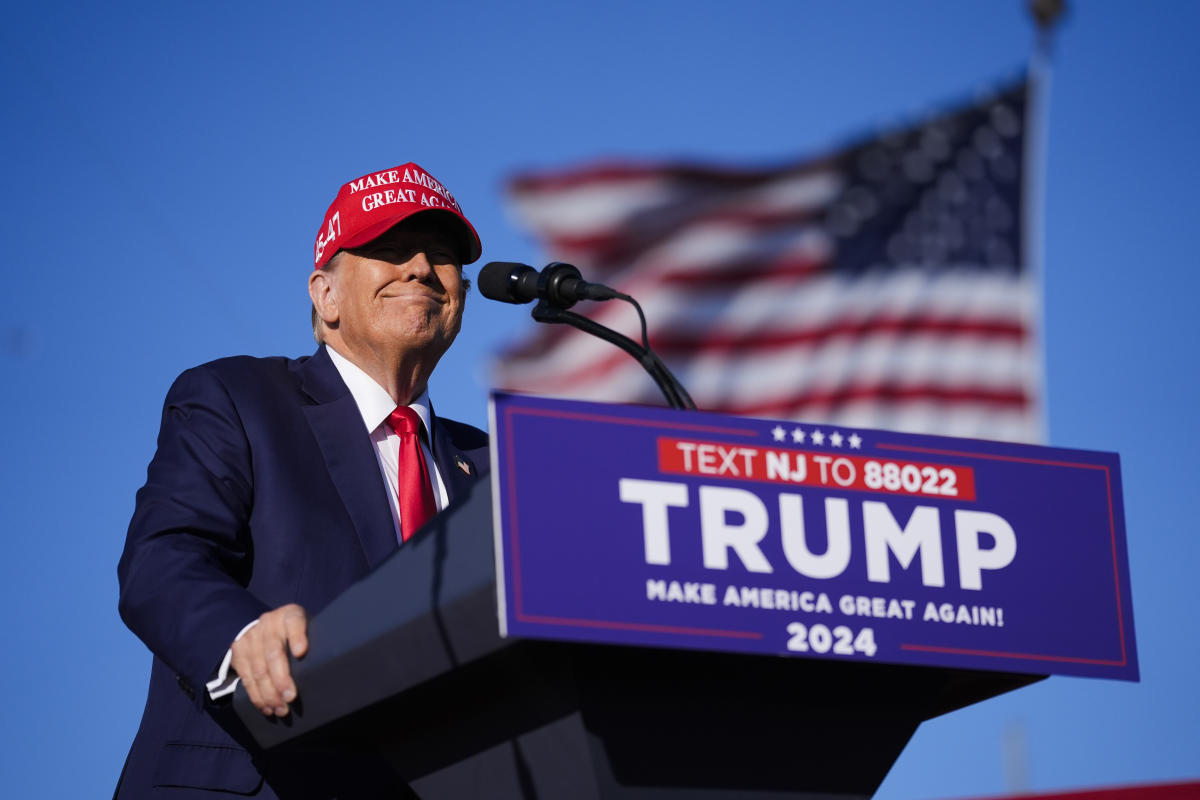default
Conservative bloc
-
Alito – Majority
-
Barrett – Majority
-
Gorsuch – Majority
-
Kavanaugh – Minority
-
Roberts – Minority
-
Thomas – Majority
Liberal bloc
-
Jackson – Majority
-
Kagan – Minority
-
Sotomayor – Minority
The US supreme court has rejected painkiller maker Purdue Pharma’s bankruptcy settlement plan that included an extraordinary measure to protect its Sackler family owners from further liability over the American opioid epidemic, in exchange for providing funds for compensation and rehabilitation treatment.
The ruling in the case of Harrington v Purdue Pharma blocks a controversial deal approved by a federal bankruptcy court in New York that was first knocked down by a district court, then upheld on appeal before being put on hold while the US Department of Justice challenged it at the supreme court. Oral arguments were heard last December.
The deal was constructed to allow Purdue, the Connecticut company behind the prescription opioid OxyContin, to restructure and also shield the relevant Sackler billionaires without them having to declare personal bankruptcy. The family agreed to contribute $6bn to the settlement from the vast fortune they made from OxyContin and give up ownership.
The company wanted to use the bankruptcy agreement to resolve thousands of lawsuits, many filed by state and local governments across the US, alleging that Purdue Pharma fueled a crisis that ultimately killed half a million Americans by claiming its flagship drug was non-addictive while incentivizing massive over-prescribing.
US solicitor general Elizabeth Prelogar had argued that the release of the Sacklers from future liability is not authorized by the bankruptcy code and constitutes an “abuse of the bankruptcy system.”
After years of litigation and scandal, court filings showed that 95% of creditors in the Purdue bankruptcy case had agreed to sign on to the plan, although many reluctantly, partly seeing it as the only way to finally get some recompense. But several states, Canadian municipalities and Indigenous tribes, and more than 2,600 individuals, including high-profile activists, were opposed.
The US government argued that a settlement could be forged without resorting to the protections of chapter 11 bankruptcy law or releasing the billionaire Sacklers behind the company from liability.
The supreme court ruling now leaves matters between the company and plaintiffs unresolved. The case is seen as having consequences for other corporate bankruptcies where company owners or officials want immunity from liability.
More details soon …
Signup bonus from




